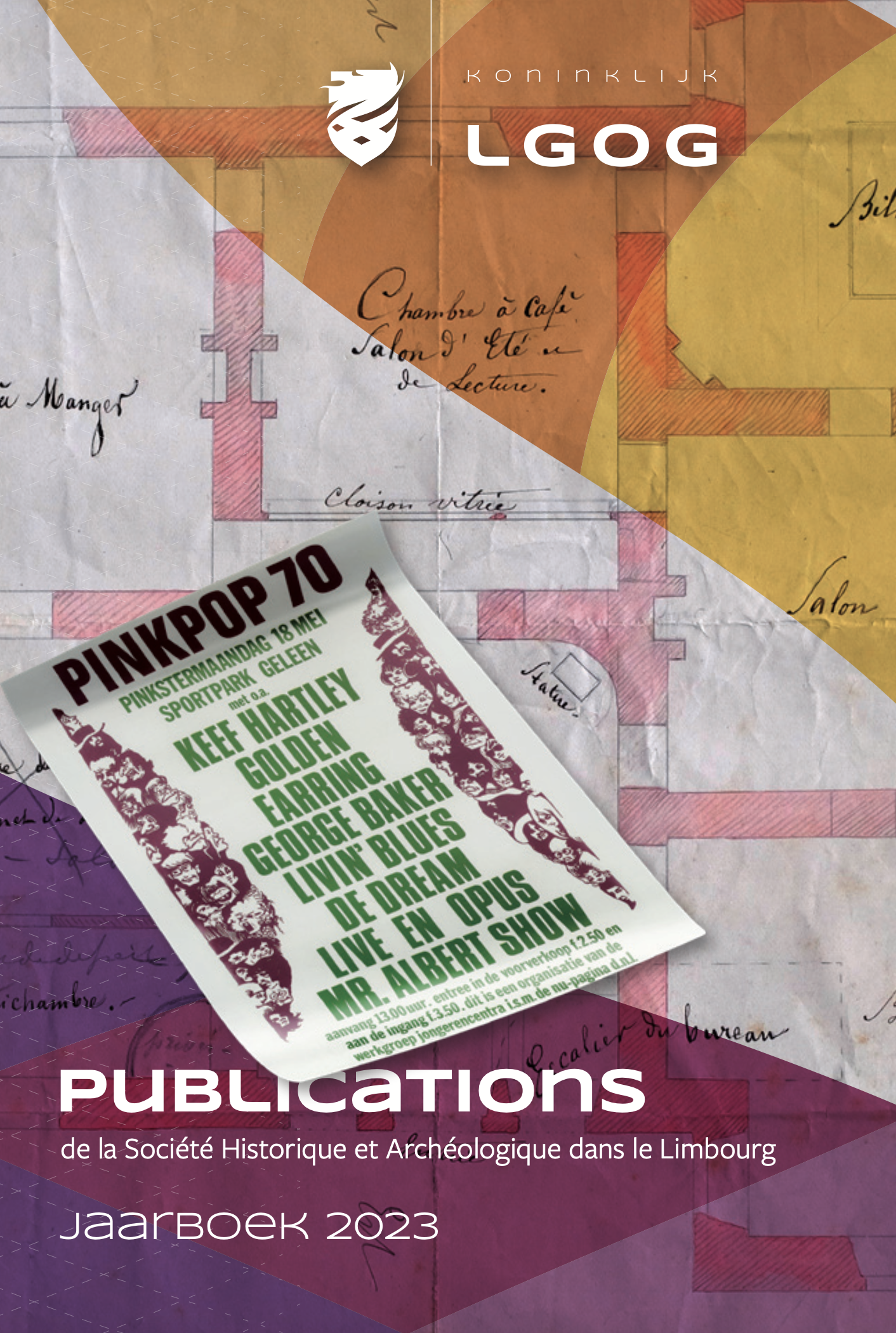Het verdriet van André van Hasselt
Samenvatting
The sorrows of André van Hasselt
André van Hasselt (1805-1874) grew up in the Dutch-speaking city of Maastricht. After studying law in nearby French-speaking Liège, he returned to Maastricht in 1827. There, as a result of the Belgian Revolt (1830), he became isolated from the cultural setting in which he felt at home. In 1833, assured of a modest income, he was able to leave Maastricht (‘ce trou antilittéraire’) and to settle in Brussels. With the volume Primevères (1834), he put the young Belgian state on the French literary map. It was the beginning of an extensive series of poetry volumes and cultural-historical books and articles.
In his poetry the Études rhythmiques occupy a notable place. They are metrical poems, which are quite common in Germanic literature, but are much less common in French literature. Because of their metrical structure, these texts fit well into musical compositions, which also consist of bars. Melody and text can thus combine into one natural unity. He provided French-language arrangements of songs by Schubert and, together with the composer J.B. Rongé, new versions of French opera texts. Van Hasselt’s poetry culminated in Les quatre incarnations du Christ - Poëme social, which has about 4,000 verses. In four chants, he describes the gradual manifestation of the Christian spirit in world history.
Unfortunately, he was the type of prophet not recognized in his own country. Thus he was repeatedly denied the five-year state prize for literature (the ‘prix quinquennal’). To a large extent, Belgian political relations were to blame. Liberals thought he was too catholic, and Catholics thought he was too liberal. But his own character traits (naivety, willfulness) also contributed to this misunderstanding. For example, spontaneously accepting the French distinction of ‘chevalier de l’Ordre de la Légion d’Honneur’ – a politically sensitive matter because of Napoleon III’s controversial coup d’état – led to a rift with Victor Hugo, with whom he had been friends since 1830. Not entirely incorrect, but highly untactical was his judgment of the jury, which had passed him over for the five-year state prize in 1853: he called it incompetent.
Besides the lack of recognition of his poetic qualities, there were setbacks in his personal life. His departure for Brussels separated him from his family, his friends and his mother city. He was happily married, but the pain he suffered from the death of his son Charles, only five years old, marked the rest of his life.
The sorrows of André van Hasselt’s life were manifold. No one doubted the quality of his poetry, but its disregard affected him deeply.
Downloads
Downloads
Gepubliceerd
Nummer
Sectie
Licentie

Dit werk wordt verdeeld onder een Naamsvermelding 4.0 Internationaal licentie.
Auteurs behouden het volledige auteursrecht op hun werk en verlenen het tijdschrift het recht van eerste publicatie. Artikelen worden verspreid onder de voorwaarden van de Creative Commons Naamsvermelding 4.0 Internationaal (CC BY 4.0).



